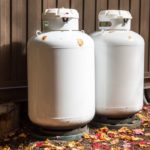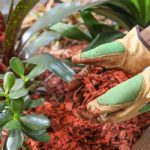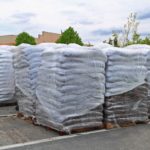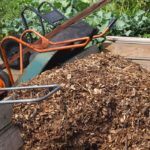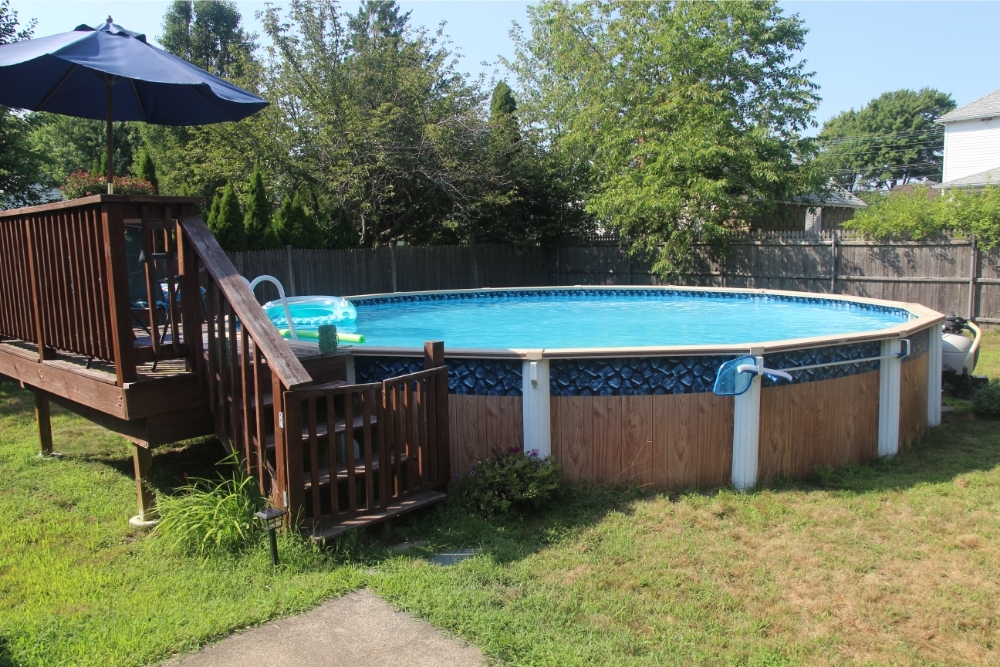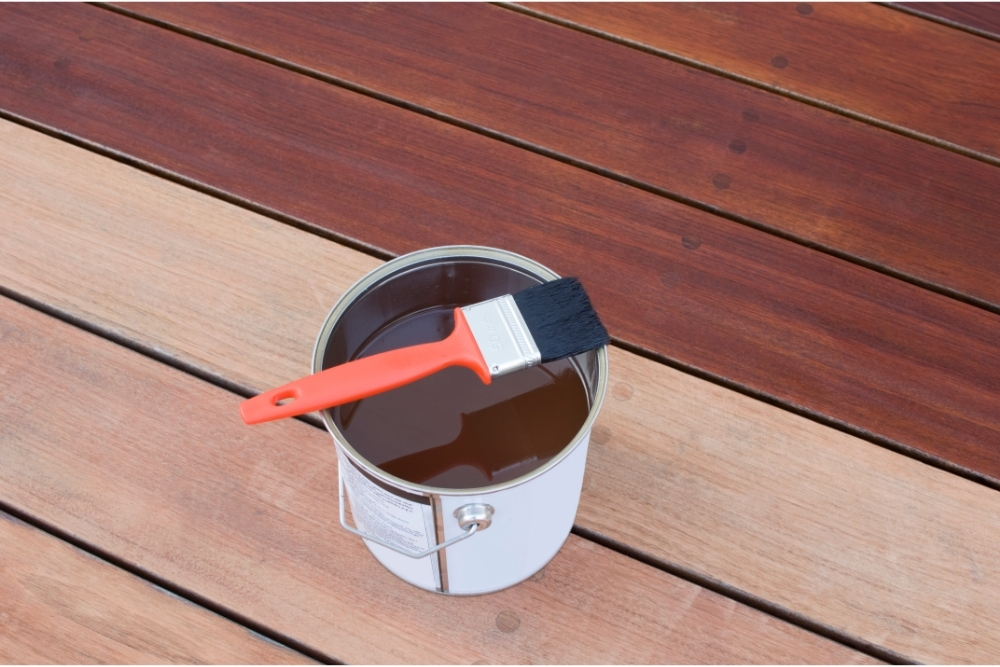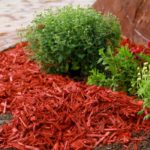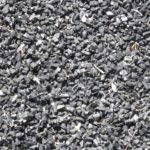While freshly spread mulch looks great in any yard, it will become redundant or fade after some time. Most types of organic and synthetic mulch need to be replaced at least every few years. So, how do you dispose of your old mulch? Is burning mulch an option?
You shouldn’t burn mulch as it’s highly flammable and can cause wildfires. Instead of burning it, throw the mulch away in leaf bags or give it to a landscaping company or nursery to be reused. You can also turn organic mulch into compost and recycle inorganic mulch.
Let’s look at why you shouldn’t burn mulch and some suitable alternatives for discarding it. We’ll also discuss the flammability of different types of mulch so you can use mulch that carries a lower risk of spreading fires.
Is It Safe to Burn Mulch?
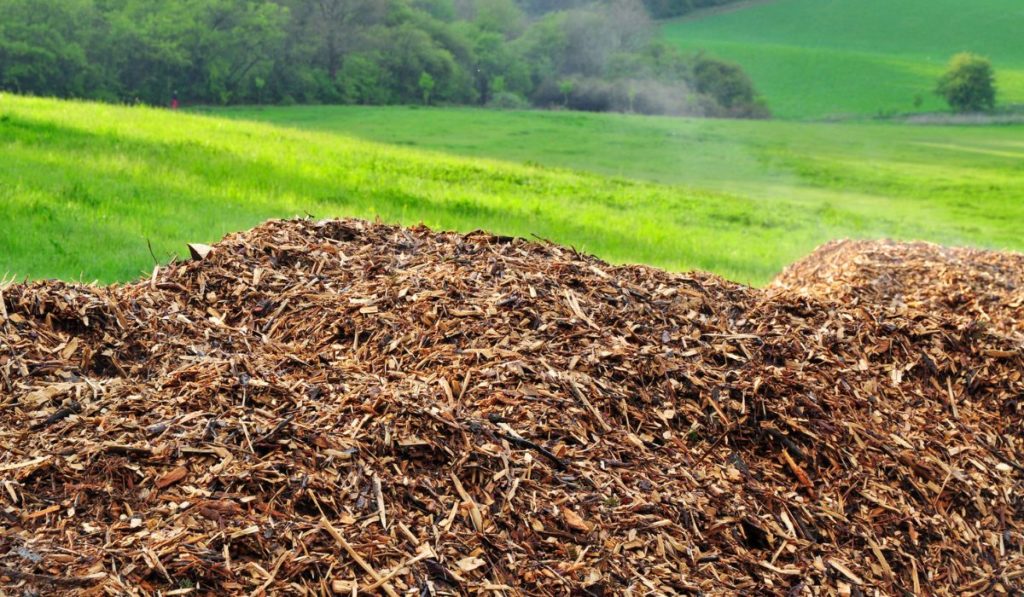
It isn’t safe to burn mulch in your backyard since there’s a high risk of the fire spreading. Older mulch is highly combustible, especially if it’s made from organic materials such as wood chips, bark, straw, or dry leaves. Even if you burn the mulch in a fire pit, there’s a high risk of the fire spreading.
While it may be tempting to burn old mulch to get rid of it, it’s much better to throw it away instead. Organic mulch that has faded can still decompose and shouldn’t be burnt.
If you’ve used inorganic mulch made from plastic or rubber, it’s best to recycle it since burning synthetic materials may release toxic gasses into the environment.
There have been many cases where mulch heaps have caused major fires, resulting in significant damage to property. As a result, many areas have rules against burning mulch and other garden waste. It’s also important to take care not to smoke or throw lighted cigarettes in a mulch pile.
Inorganic vs. Organic Mulch
Both organic and inorganic mulches are combustible and should be kept away from fire. Organic mulch is usually moist and may be slightly harder to burn, but inorganic mulch, such as rubber mulch, will catch fire easily.
Organic mulch is often made from painted wood since the paint helps the mulch last longer. However, burning painted wood will release toxic fumes. The same goes for inorganic mulch made from rubber or plastic.
Some types of organic mulch may contain natural toxins that are released into the atmosphere when ignited. Mulch made from oak leaves and other plants can release fumes containing toxins that are harmful to health and may cause eye and lung problems.
Organic mulch bought from stores is often treated with chemicals to preserve it for longer. Mulch made from wood chips and bark may also be treated with chemicals that release toxins when burnt. Even if the mulch is safe for the environment, burning it could cause pollution.
So, whether you have organic or inorganic mulch, avoid burning it. Both inorganic and organic mulch can be recycled or reused. So, instead of causing problems for the environment and creating a fire risk, why not dispose of mulch in an environmentally friendly way?
Mulch Flammability
Not all mulch is highly flammable, and some types are safer than others. If you live in an area where there’s a high risk of wildfires, avoid using mulch made from highly flammable materials. Let’s look at the popular types of mulch and their flammability:
Leaf and Straw Mulch
Leaf and straw mulch (on Amazon) piles are the most flammable, especially if they’re dry. If you live in a dry area, avoid using leaf mulch. However, you can reduce the flammability of mulch made from leaves, straw, or hay by watering them often and keeping them moist.
Mulch Made From Wood Chips or Bark
Mulch made from wood chips (on Amazon) is the most widely used in gardens since it lasts longer than other types of organic mulch. However, it’s also highly flammable, especially if the wood chips dry in the sun. Nevertheless, it’s safer than mulch made from leaves.
Rubber Mulch
Rubber mulch (on Amazon) is also highly flammable and shouldn’t be burned in a fire pit. Rubber heats up quickly in the sun, and this increases the risk of it catching fire. Plastic mulch is similar and will also burn easily.
Gravel or Pebble Mulch
If you’re using mulch to improve your garden’s aesthetics and control the soil temperature, use gravel or pebble mulch as it won’t catch fire. Gravel mulch is useful in gardens in dry and windy areas where there’s a high chance of wildfires.
How to Safely Discard Old Mulch
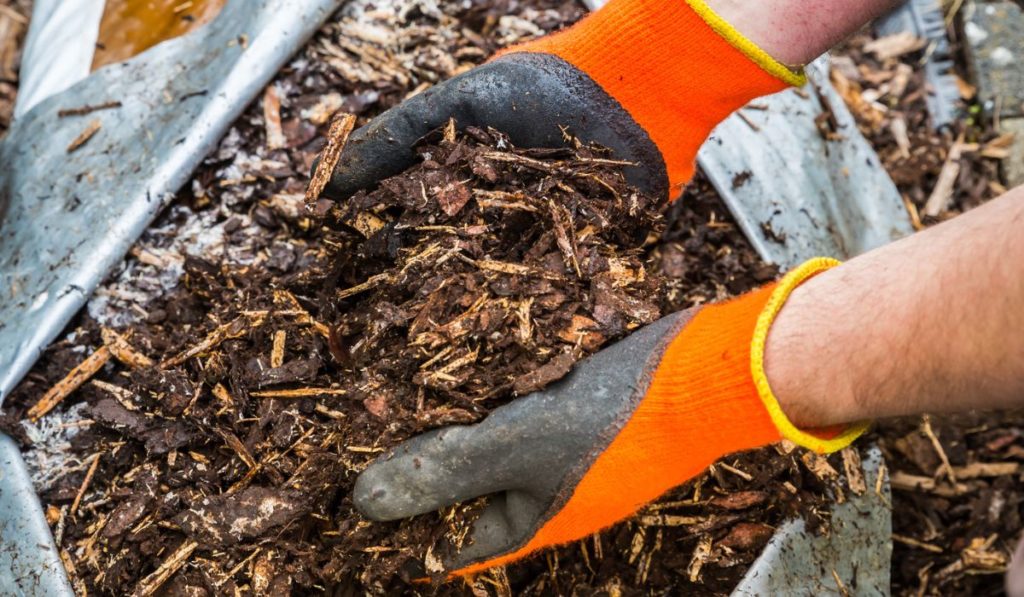
While both organic and inorganic mulch will last a few years, you’ll need to replace it when it fades or loses its usefulness. Organic mulch will usually decompose, but this may take time, and mulch made from bark or wood chips may take years to decompose. Inorganic mulch won’t decompose and usually needs to be discarded.
So, what’s the best way of discarding old mulch? Well, this depends on the type of mulch and what condition it’s in. If the mulch is still good, you can give it to your local nursery to reuse or turn it into compost. You can also turn the mulch into compost and enrich the soil before the next planting season.
Sometimes, however, you won’t be able to use mulch as compost, especially if the mulch is made from wood chips or other materials that take a long time to decompose.
If you have painted wood chips or bark as organic mulch, you can see if a landscaping company or nursery will take it. If not, place the mulch in bags and throw it in the trash. Organic mulch will decompose eventually, even if it ends up in a landfill.
If you need to discard old mulch made from rubber or other synthetic material, the best solution is to recycle it. Most types of synthetic mulch can be recycled easily, and this is less harmful to the environment than throwing the mulch in a landfill or burning it.
Lastly, try to avoid wasting mulch by only spreading as much as needed. Never spread more than 3-4 inches of organic mulch and 3 inches of synthetic mulch. Organic mulch is easier to discard and will also decompose, but you’ll have to remove synthetic mulch before you can replace it with a fresh layer.
You can also spread a thin layer of mulch on top of the decomposed or faded mulch. This way, you may only need to discard mulch if it’s inorganic.

